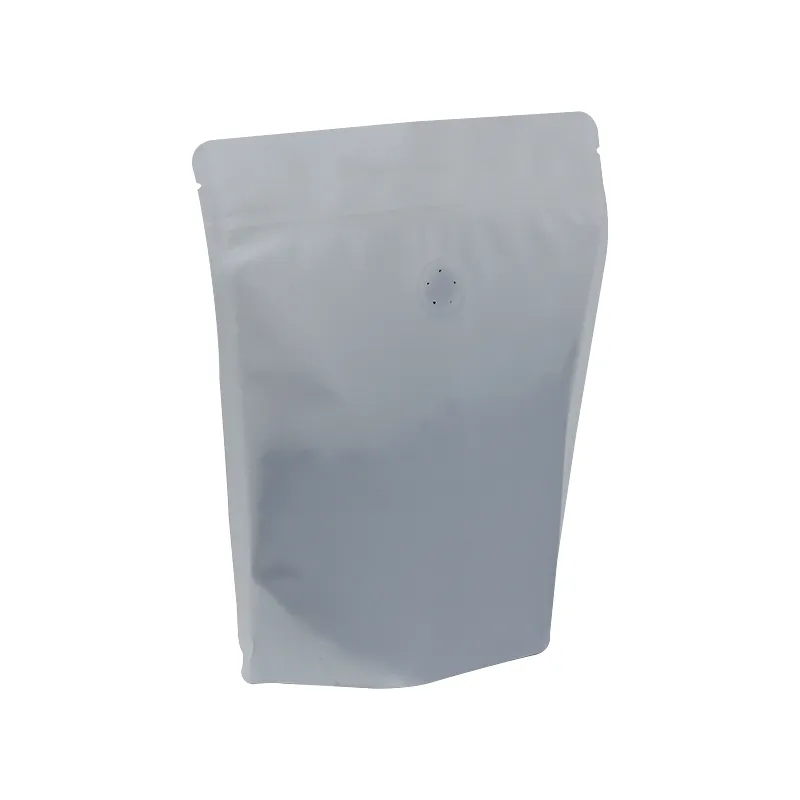- Afrikaans
- Albanian
- Amharic
- Arabic
- Armenian
- Azerbaijani
- Basque
- Belarusian
- Bengali
- Bosnian
- Bulgarian
- Catalan
- Cebuano
- chinese_simplified
- chinese_traditional
- Corsican
- Croatian
- Czech
- Danish
- Dutch
- English
- Esperanto
- Estonian
- Finnish
- French
- Frisian
- Galician
- Georgian
- German
- Greek
- Gujarati
- haitian_creole
- hausa
- hawaiian
- Hebrew
- Hindi
- Miao
- Hungarian
- Icelandic
- igbo
- Indonesian
- irish
- Italian
- Japanese
- Javanese
- Kannada
- kazakh
- Khmer
- Rwandese
- Korean
- Kurdish
- Kyrgyz
- Lao
- Latin
- Latvian
- Lithuanian
- Luxembourgish
- Macedonian
- Malgashi
- Malay
- Malayalam
- Maltese
- Maori
- Marathi
- Mongolian
- Myanmar
- Nepali
- Norwegian
- Norwegian
- Occitan
- Pashto
- Persian
- Polish
- Portuguese
- Punjabi
- Romanian
- Russian
- Samoan
- scottish-gaelic
- Serbian
- Sesotho
- Shona
- Sindhi
- Sinhala
- Slovak
- Slovenian
- Somali
- Spanish
- Sundanese
- Swahili
- Swedish
- Tagalog
- Tajik
- Tamil
- Tatar
- Telugu
- Thai
- Turkish
- Turkmen
- Ukrainian
- Urdu
- Uighur
- Uzbek
- Vietnamese
- Welsh
- Bantu
- Yiddish
- Yoruba
- Zulu
what is μl
Understanding Microliters (μl) and Their Applications
In scientific fields, precision in measurement is paramount. One unit of measurement that plays a critical role in various disciplines is the microliter, abbreviated as μl. The microliter is a metric unit of volume equal to one-millionth of a liter (1 μl = 1/1,000,000 L) or 0.001 milliliters. This unit is particularly useful in fields like chemistry, biology, medicine, and pharmacology, where small volumes of liquids need to be handled and analyzed.
The Importance of Measuring in Microliters
Microliters are increasingly used in laboratory settings due to modern advancements in technology that allow for precise manipulation of small liquid volumes. For instance, traditional pipettes that measure larger volumes simply cannot provide the accuracy required for micro-scale experiments. Therefore, specialized micropipettes are employed to measure volumes in microliters. These devices allow researchers to dispense tiny volumes of liquids, often within the range of 1 μl to several hundred microliters.
In biological research, microliters are essential for processes such as PCR (Polymerase Chain Reaction), where reactions may require specific concentrations of enzymes and nucleotides to amplify DNA. Accurate measurement ensures the success of the experiment and prevents waste of valuable reagents that can be expensive or difficult to source.
Applications of Microliters in Different Fields
1. Biotechnology and Molecular Biology In these fields, microliter measurements are standard, especially when working with samples such as DNA, RNA, proteins, and other biomolecules. Researchers often deal with expensive and limited availability samples where accuracy is crucial. Micropipettes allow researchers to add precise amounts of reagents to reactions, which can drastically influence the outcome.
2. Pharmacology In drug formulation and testing, the microliter scale is essential for measuring precise doses of pharmaceuticals. Small variations in dosage can lead to significant differences in efficacy and safety. Microliters allow pharmacists and researchers to prepare concentrated solutions or perform dilutions with high accuracy.
what is μl

3. Clinical Diagnostics In medical laboratories, many tests require only a few microliters of blood or other fluids. This is especially advantageous for point-of-care testing, where obtaining a larger sample may be uncomfortable or impractical. Technologies such as microfluidics and lab-on-a-chip devices utilize microliter measurements for various diagnostic assays.
4. Environmental Monitoring In environmental studies, microliter measurements can be used to test pollutants in water samples. Researchers measure the concentration of contaminants using techniques like spectroscopy, which often require precise volumes to ensure accurate results.
Converting and Relating Microliters to Other Units
Understanding microliters can also involve converting to other units of volume. Here are some common conversions
- Microliters to Milliliters 1 μl = 0.001 ml - Microliters to Liters 1 μl = 0.000001 L - Microliters to Cubic Centimeters 1 μl = 0.001 cm³ (since 1 ml = 1 cm³) - Microliters to Drops Depending on the liquid's viscosity, a drop can be roughly equivalent to 20 μl, meaning that 1 drop = approximately 20 μl.
Being adept at these conversions is crucial for laboratory practice, especially when dealing with complex mixtures and reactions.
Conclusion
The microliter is a vital unit of measurement that enables researchers and professionals in various fields to carry out precise and small-scale liquid measurements. Its application in biotechnology, pharmacology, clinical diagnostics, and environmental monitoring is a testament to its significance in modern science. By enhancing accuracy, efficiency, and safety in experiments, microliters facilitate groundbreaking discoveries and innovations. Understanding and utilizing μl effectively can markedly improve research outcomes and contribute to advancements across multiple disciplines.













